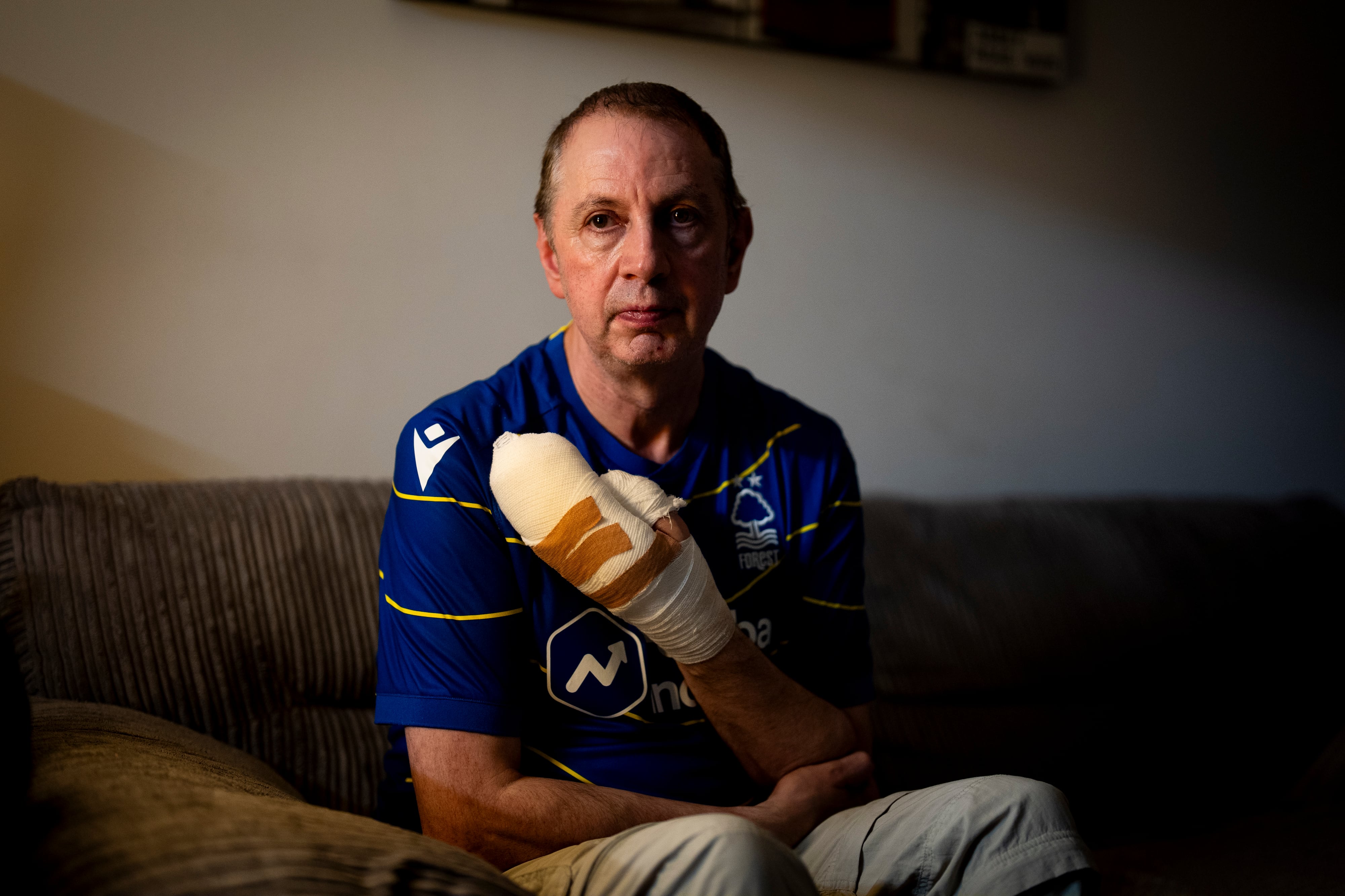The Government is prepared to use legislation, if necessary, to force several big hospitals, which are State funded but run by their own boards, to provide financial information to the HSE.
Ministers have in recent weeks intervened in a row between the HSE and voluntary hospitals to insist a new financial management system is introduced across the health sector to ensure “an alignment of financial reporting”.
Tallaght, the Mater, St James’s and St Vincent’s in Dublin as well as the Mercy in Cork are all voluntary hospitals, as are maternity centres such as the Rotunda, the Coombe and the National Maternity Hospital.
These hospitals are concerned about the impact the move could have on their independence. They are seeking changes to reflect the different legal regime under which they operate and the responsibilities of their directors under company law and legislation governing charities.
READ MORE
The voluntary hospitals are also worried about more than €300 million in accumulated financial deficits run up due to insufficient State funding. The hospitals obtained legal advice indicating that, in some circumstances, they may have to curtail services to avoid directors facing liability for reckless trading.
Other legal advice provided by these hospitals to the HSE maintains that if it instructed them to continue to provide such services without adequate budgets, the health authority could be seen under company law as being a “shadow director”. This, the legal advice suggests, could leave the HSE being held responsible for any subsequent debts and liabilities.
The dispute over the financial management system between the voluntary hospitals, their representative association and the HSE has been ongoing since the summer.
In September, the association told HSE chief Bernard Gloster that the reporting system, known as IFMS, appeared “to envisage a loss of control by boards over various processes that are central to the management of a voluntary hospital”.
Among assurances sought by the hospitals were that their financial decisions could not be vetoed and approval for payments would not be required from the HSE.
Mr Gloster, during a Dáil Public Accounts Committee session last month, was critical of what he described as an understanding by some agencies entirely funded by the State that their independence meant “they can buy what they want when they want” .
“We pay the bill and they pick the system,” he said.
Mr Gloster said he had communicated with the voluntary hospitals on behalf of Minister for Health Jennifer Carroll MacNeill and the HSE to say “we are not prepared to accept a position where any organisation believes that is an appropriate way to discharge public money”.
The Minister wrote to voluntary hospitals the next day saying they received substantial State funding and the HSE should be able to receive data and information in relation to publicly-funded activity.
[ Who runs the country’s hospital system?Opens in new window ]
She said the Cabinet committee on health, members of which include the Taoiseach and Tánaiste, want to see the system implemented in all publicly-funded hospitals as a matter of urgency.
She said new legislation would set out a number of specified public-interest purposes under which the HSE could request and receive information from entities across the healthcare sector. The Minister said, for the avoidance of doubt, this included the voluntary hospitals.
However, Ms Carroll MacNeill said it should not be necessary to wait for legislation to ensure full alignment of financial reporting was achieved.
“As a guardian of the health system on behalf of the people of Ireland, I expect that measures to ensure alignment of financial reporting, including deployment of the IFMS where this has not already happened, to be enthusiastically implemented without delay.”
.













